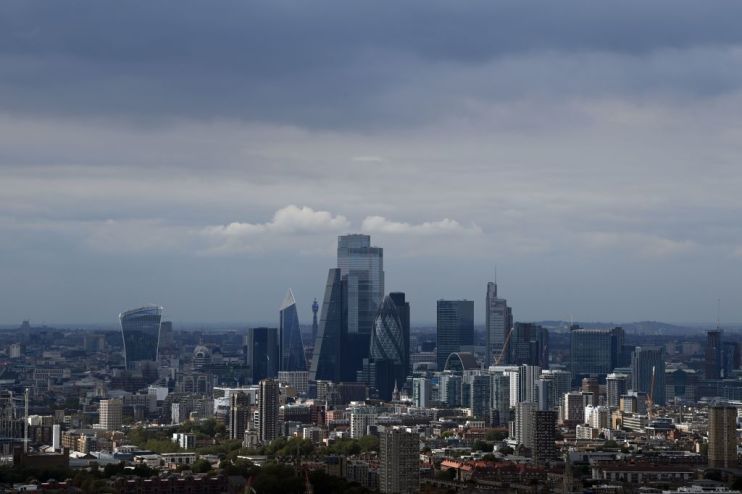City firms begin to send workers home after new government rules

City firms have begun to send workers home after the government today told people to begin working from home again where they can.
About 1,000 Barclays staff will revert to home working due to the new coronavirus advice, the bank said today.
Although around 22,000 employees had remained working from the lender’s offices during the pandemic as key workers, hundreds had begun to return to the office as lockdown restrictions were eased.
However, with the government’s u-turn on working from home today, they will resume previous arrangements, a spokesperson for the bank told Reuters.
Staff at insurance market Lloyd’s of London have also been asked to work from home, a spokesperson said, although its underwriting room will remain open.
The new advice comes just weeks after the government took steps to urge staff back to their places of work in a bid to rejuvenate the country’s abandoned city centres.
Prime Minister Boris Johnson announced a number of new restrictions, including a 10pm curfew on pubs and restaurants, as ministers seek to tackle a growing number of coronavirus cases.
Before the Open newsletter: Start your day with the City View podcast and key market data
A number of other large banks are expected to follow Barclays’ lead and send workers home under the new restrictions.
French lender Societe Generale said that it was “adapting its position in line with UK government guidance”, although it did not specify how many workers will be sent home.
Business groups were united in calls for the government to set out new support for companies after the change in guidance.
There are particular concerns over the job retention furlough scheme, which is due to come to an end at the end of next month.
The Bank of England, which previously had been opposed to extending the scheme, today said that it would do “everything we can” to help prop up the economy.
Meanwhile, chancellor Rishi Sunak is reportedly preparing to extend the country’s coronavirus loan schemes to the end of December.
But some have warned that businesses will need more support if they are to survive a second lockdown.
The Federation of Small Businesses (FSB) warned that while many firms had cash reserves to carry them through the first lockdown, further restrictions could prove devastating.
Roger Barker, director of policy at the Institute of Directors (IoD) said: “With the return of more restrictions, the onus is squarely on the Government to set out the next phase of its support.”